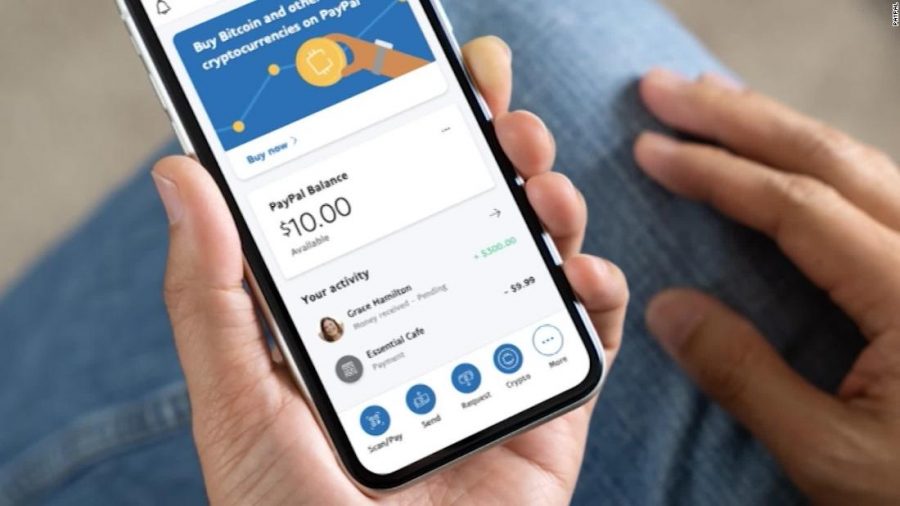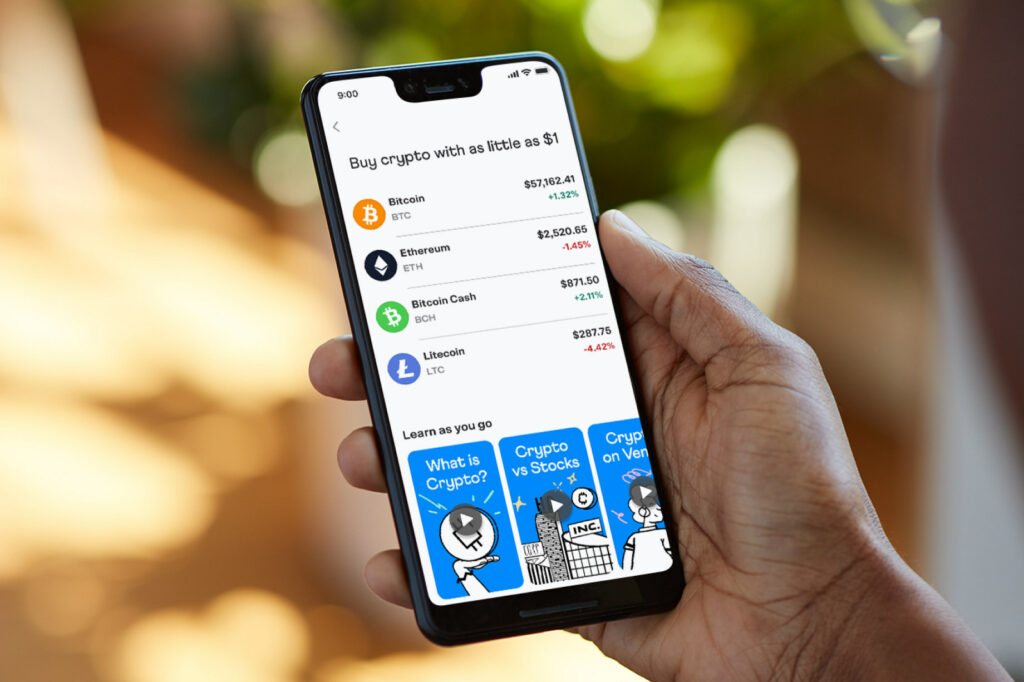Business & Economy
New Kenyan Microwork Pilot Demonstrates Power To Drive Financial Inclusion

Celo & Mercy Corps Ventures Pilot shows that crypto has the potential to address unemployment, generate stable incomes, reduce the costs of cross-border payments and incentivize saving
Nairobi. 23 February 2022. A new microwork pilot project in Kenya by Celo Foundation and Mercy Corps Ventures has helped hundreds of Kenyan youth access digital jobs with greater earnings than ever before. The pilot demonstrates the potential of blockchain and cryptocurrencies to drive financial inclusion by creating new digital employment opportunities, reducing the cost of cross-border micropayments, and incentivizing saving among low-income youth.
Digital microwork, global industry with an estimated size close to $1 billion, is a form of digital labour that breaks up complex technical projects into thousands of fractional tasks that can be completed on a mobile phone within minutes. Microwork has the potential to create jobs for gig workers of any skill level and boost employment for Africa’s booming youth population.
Week 34 Pool Result For Sat 26 Feb 2022 – UK 2021/2022 – Pool Agent
Research shows that in Kenya, Ghana, Nigeria, and Tanzania, females are more likely to be micro-workers than males. The flexibility offered by microwork makes it more inclusive for women because it can be completed at home and during flexible hours, making it highly compatible with the multiple demands on women’s time.
Celo & Mercy Corps Ventures Pilot
Twenty-year-old Sarah Turuma, a pilot participant who lives in a low-income Nairobi settlement, reported that “This program has changed my life and my overall view of online jobs…the pilot jobs served as good training for work on the open platform. The technologies are fast, easy to use, and efficient. The program came at a crucial time when many had lost their livelihood due to the Covid-19 pandemic and as such, it has been beneficial to all participants.”
However, one of the key challenges surrounding microwork is paying workers. Historically, cross-border payments have been costly, slow, and bureaucratic. High transaction fees, especially for lower payouts, mean that micro workers often forfeit a significant portion of earnings (with a global weighted average cost of 4.71% but in some cases up to 30% of gross earnings).
New Kenyan Microwork Pilot Demonstrates Power To Drive Financial Inclusion

Introducing crypto on Venmo, a new way for Venmo’s more than 70 million customers to buy, hold and sell cryptocurrency directly within the Venmo app | Brand News Day
Workers need to wait for a month to accumulate their earnings and justify the cost of the payment rail, which makes digital microwork unappealing, despite its potential to provide income.
“Cryptocurrency removes this costly barrier and has the potential to create new ways for young people to earn, spend, save and send money,” explains Scott Onder, Senior Managing Director, Mercy Corps Ventures.
“We trained 200 Kenyan youth to access digital microwork from global platforms using a mobile app and integrated Valora digital wallet, which is built on Celo. Our pilot-tested how a stablecoin could reduce the costs and challenges of sending and receiving cross-border micropayments over a three-month period.”
Participants were paid within a few seconds in Celo dollars (cUSD), a Celo-native stablecoin that tracks the value of the US dollar, with fees at approximately $0.01. Participants could then cash out anytime to Kenya’s ubiquitous mobile money platform, M-Pesa. While the amount paid for a single task is small, young people could earn roughly $7.00 a day – significant when the Kenyan urban earning average for low-income groups is $4.35 per day.
Celo & Mercy Corps Ventures Pilot
The pilot proved that using cryptocurrency dramatically reduced the average transaction cost for microwork payments – dropping from 28.8% for a $5 transaction to 2.02%, regardless of the transaction value. This translates to a 93% reduction in transaction fees, drastically boosting participants’ daily take-home earnings.
“Our goal at Celo is to support an inclusive financial system that contributes to achieving prosperity for all,” says Will Le, Partner, Innovation, Celo. “By reducing financial frictions, we introduced a new model for tapping talent across borders, which was not previously possible with traditional financial infrastructure. Cryptocurrency, and specifically stablecoins, could hugely reduce the cost of remittances and foster cross-border commerce.
In 2020, remittances made up 3.13% of Kenya’s total GDP, totalling a value of over three billion dollars. With global weighted average remittance costs at 4.71%, Kenyans receiving remittances are potentially losing out on over $80 million per year.”
Given that the average cost of remittances to the value of USD 200 is significantly higher than the global average (8.72 per cent in sub-Saharan Africa versus 6.30 globally), the savings are potentially even greater. If all those transactions only cost the 2.02% enabled during the pilot, the total potential impact to the Kenyan economy could be over $200 million, or 0.22% over Kenya’s overall GDP.
The Celo & Mercy Corps Ventures pilot project shows that talented, skilled young people in Kenya and beyond, regardless of their location, can generate income and participate in the global economy.





